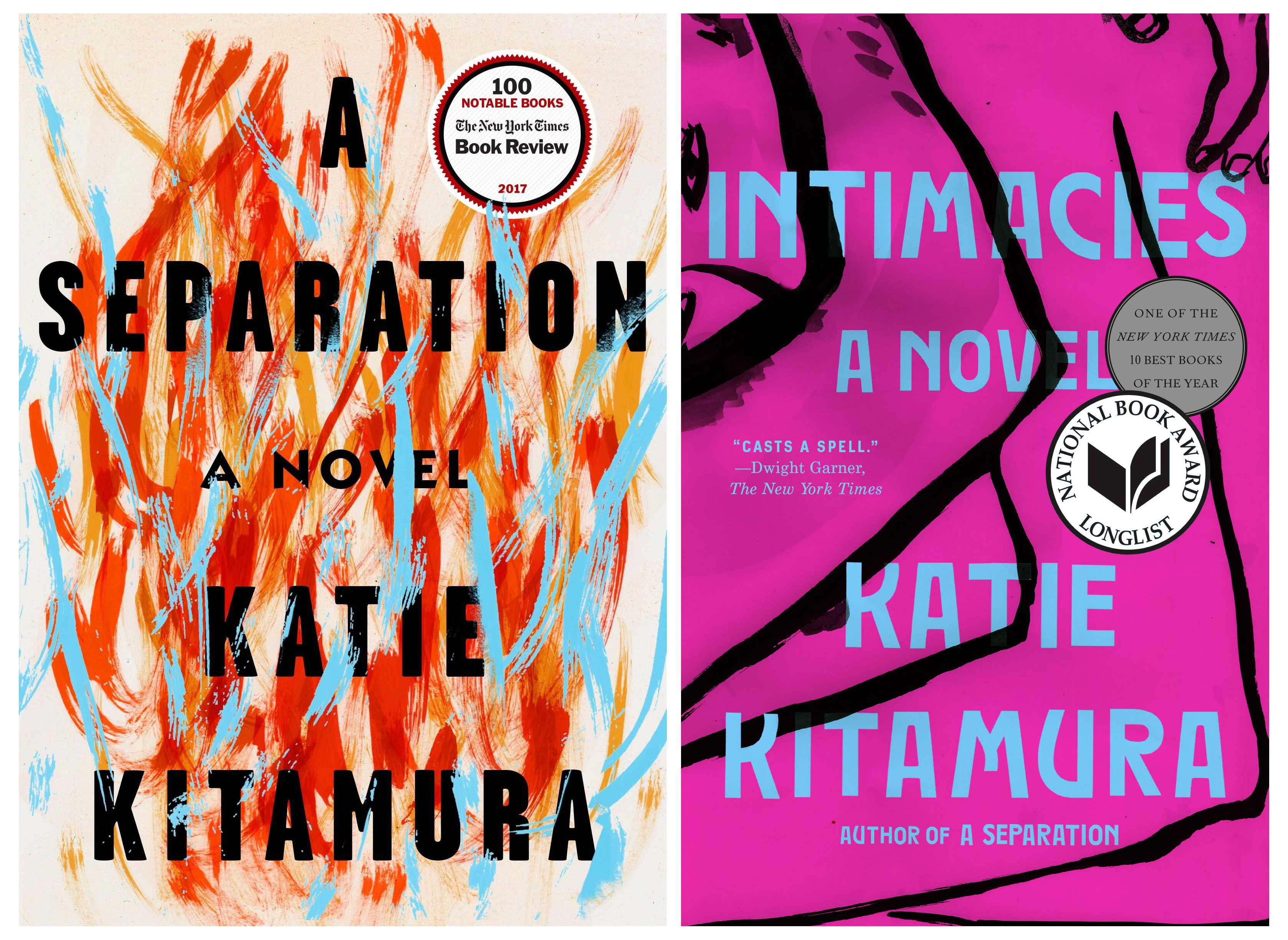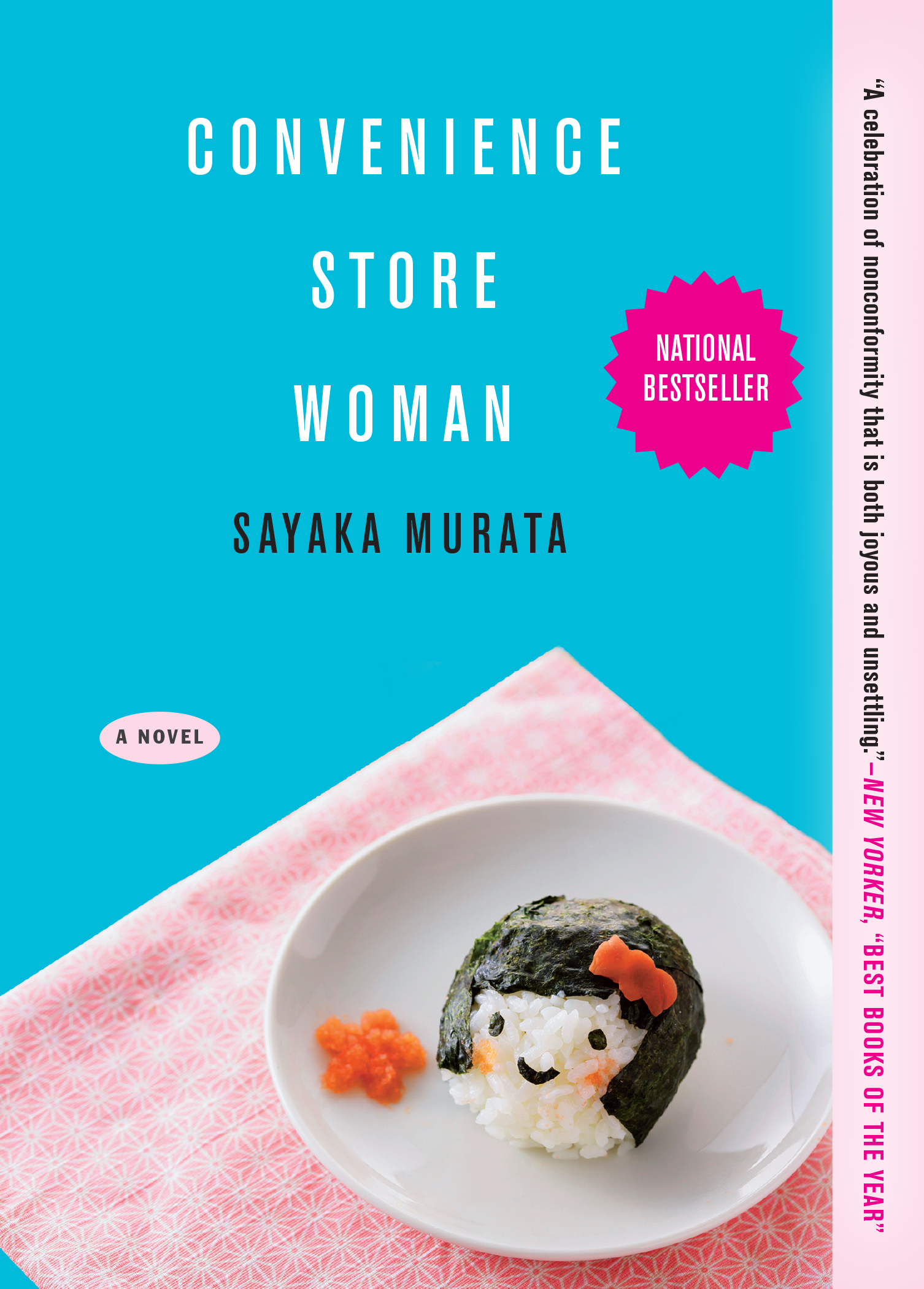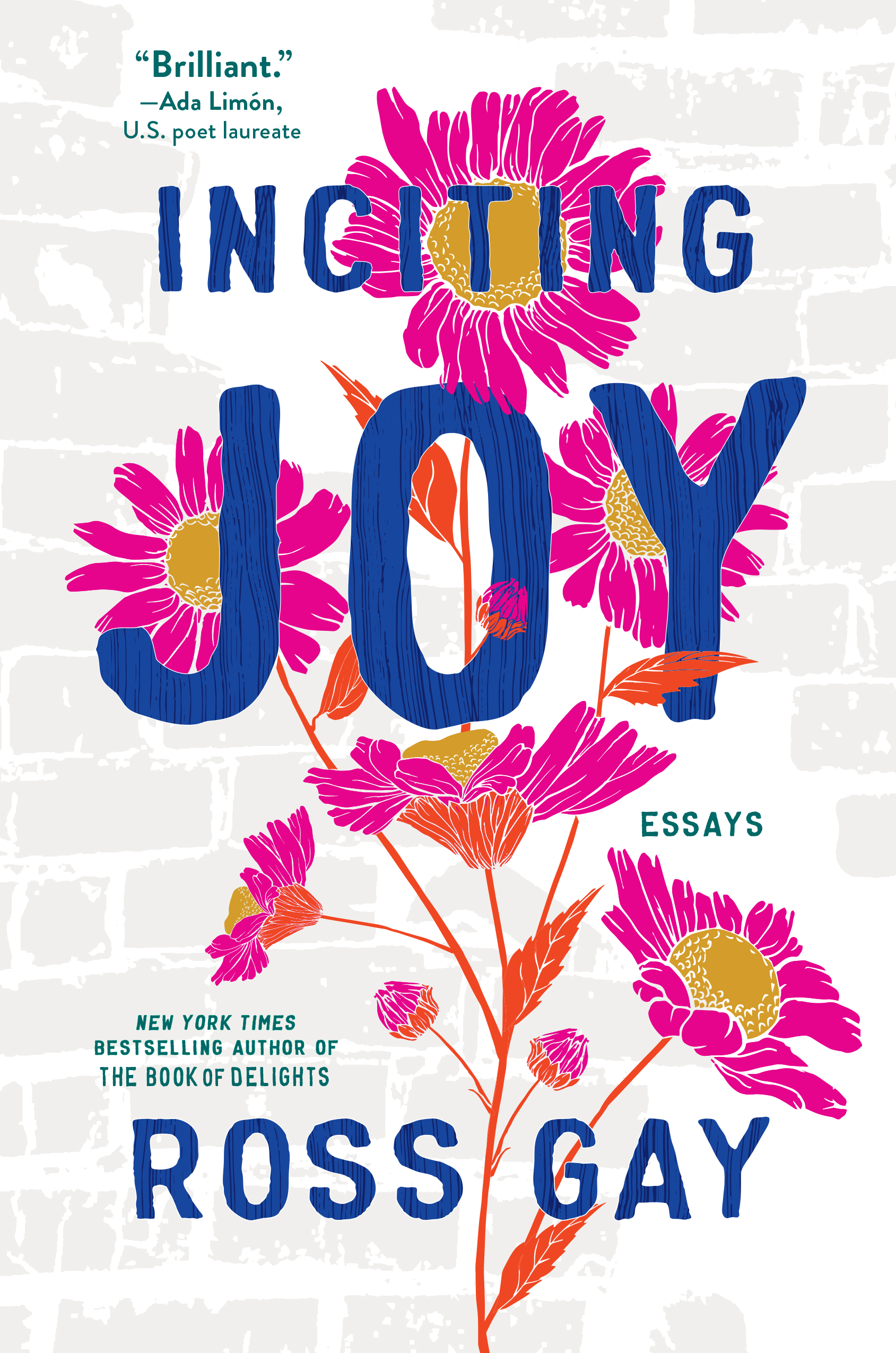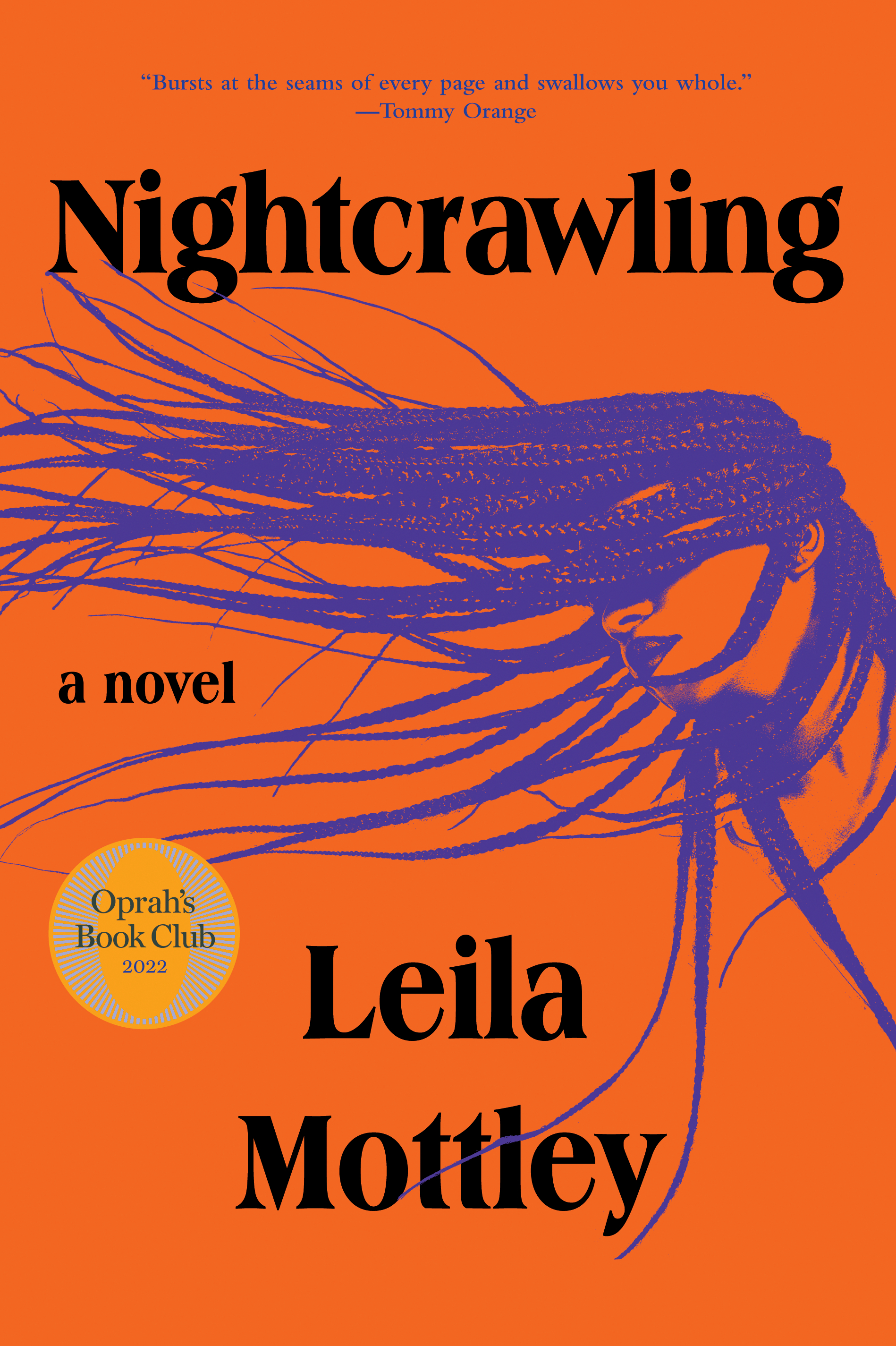Now that August has come and gone, we’ve put together a reading list for those last few dog days of summer.

I’ve spent summer’s final days immersed in Katie Kitamura’s two most recent novels, A Separation and Intimacies, the latter a finalist for this year’s National Book Award and deservedly so. Like reading John Cheever’s journals in conjunction with his short stories, or Jane Eyre with Wide Sargasso Sea, or T. H. White’s The Goshawk with Helen MacDonald’s H is for Hawk (I’ll stop), the pair operate like electrons orbiting the same dark nucleus. In A Separation, an unnamed woman is urged by her domineering mother-in-law to locate her son—the narrator’s estranged husband—in the Peloponnese, where he has decamped in order to finish a book and has been incommunicado for several weeks. The mother-in-law has an overwhelming suspicion something terrible has befallen him, and her instinct isn’t far off base: unbeknownst to anyone, the couple have been separated for six months, a fact the protagonist’s husband has demanded his wife keep secret. A translator by profession, our protagonist finds herself playing both detective and anthropologist on the island of Mani, and as she tries to track down her spouse what begins as a domestic drama quickly morphs into a whodunnit. In Intimacies, an unnamed woman who has recently moved to the Hague—she is an interpreter at the international court—is plunged into similarly unfamiliar circumstances as she struggles to orient herself in a new city. She, too, is involved with a largely absent man, Adriaan, who has departed to either end his marriage—his wife has left him for someone in Lisbon—or rescue it, she is not sure. It is one of the ironies of her situation that she enjoys more undivided attention from (because she is strangely closer to) a war criminal for whom she interprets than her lover. Like A Separation, Intimacies genre-bends from melodrama into a courtroom procedural and back so seamlessly that the disorientation of the shift adds to its quaking, unstable effect. The triumph of both works is that, in spite of their protagonist’s unique dilemmas, they feel like life as it’s lived, right here, right now.
Both novels are also uncannily propulsive, and it is a testament to Kitamura’s art that she is able to make the territories of the workplace and the heartspace electric with suspense and uncertainty. Kitamura’s vision is one that makes clear how proximate criminality is to love, how suddenly the veil that separates chaos and order can be rent, how everyday places hide evil: “There are prisons and far worse all around us in New York,” Kitamura writes, “there was a black site above a bustling food court, the windows darkened and the rooms soundproofed so that the screaming never reached the people sitting below.” To read her work is to suffer a titillating, look-over-your-shoulder sense of suspicion that things might careen out of control at any moment. My former teacher, the late, great Stanley Elkin, liked to say that the greatest achievement of a writer is what he called the revenge of style, and Kitamura, in these novels, is enjoying that success: her taut, pared-down prose reads like no one else’s, and is capable of powerful bursts of emotional energy. To read her is to be in the presence of a writer at the very top of her game.
—Adam Ross, Editor

Sayaka Murata’s charming slice-of-life, Convenience Store Woman, blurs the line between routine and monotony: one might be better, one might be worse. Bite-sized in its narrative scope, the novel sets up seemingly simple stakes wherein Keiko Furukura, who has been employed at the Hiiromachi Station Smile Mart for eighteen years, pays her bills, visits her sister, and spends her days behind a glossy counter. Keiko narrates as if intonating an instruction manual, most notably when clarifying her relationship to her place of work: “It is the start of another day, the time when the world wakes up and the cogs of society begin to move,” she says, “I am one of those cogs, going round and round. I have become a functioning part of the world, rotating in the time of day called morning.” Mutualism enhances this workplace dynamic; Keiko restocks the shelves, and her part-time position offers an alternative to limiting facets of single life in contemporary Tokyo. When she meets friends at a barbecue, they ask, Keiko, aren’t you married yet?
Keiko operates the checkout till as an act of reverence, appearing as her truest self only after putting on her tie and cheering, “Irasshaimase!” to any customer who enters the store. Murata pays careful attention to Keiko’s surroundings, carving out the locale in intricate detail; translated by Ginny Tapley Takemori, the prose is lean and no detail is scant. You might hear the thrum of an early morning in the convenience store yourself:
From the tinkle of the door chime to the voices of TV celebrities advertising new products over the in-store cable network, to the calls of the store workers, the beeps of the barcode scanner, the rustle of customers picking up items and placing them in baskets, and the clacking of heels walking about the store. It all blends into the convenience store sound that ceaselessly caresses my eardrums.
Despite a lousy sex life, lust pops up in her meditations like a flash of the leg. Here, the store is more than a dream-like entity but a seductive one too.
Keiko’s time in the Smile Mart models her conception of a natural order into which people can be sorted according to an individual’s labor output, noting how those who are “lacking” possess no inherent value. But her disinterest in the real world—one that demands pregnancy, marriage, childrearing—is challenged by her coworker Shiraha, who maintains a mindset that is shaped by his own involuntary celibacy. Shiraha’s behavioral framework is half-baked at best, yet Keiko gives in as a way of subverting the expectations of her family and friends; Shiraha moves into her apartment, spends his days watching television in the bathtub, and partakes in “feeding time” as if he were a dog. Keiko is then caught between her own rendering of home life and the doubly pitiful needs of Shiraha. He attempts to tear her away from a working lifestyle, yet these acts of domestic service are precisely what reinforces her desire to spend her days behind a counter. Later, after an unsuccessful search for a full-time job, Keiko asserts, “More than a person, I’m a convenience store worker. . . . My very cells exist for the convenience store.”
I’m recommending Convenience Store Woman because this book is a lesson in having and being had. Meaning, Keiko might aspire to some semblance of stability in her life, but the project that is capital-A “Ambition” will eventually come to swallow the payoff in its entirety; she will always remain caught between the expectations she has for herself and what the other folks in her life will always expect of her. There will always be questions about a boyfriend, a baby she does not plan on having. Let the world keeping spinning, then, Murata seems to threaten.
—Luke Gair, Assistant Editor

Ross Gay’s newest book of essays, Inciting Joy, orbits the most profound sorrows a heart can hold. To say so is at obvious odds with the book’s title, but such contradictions are intrinsic to moving through this life as a human person: Gay bares his heavy heart to propose that the most difficult parts of life are conduits for joy and gratitude. Whether he’s writing an essay that confronts the death of his father, or lances the destructive indoctrination of playing college football, Gay’s essays are spectacular exercises in vulnerability and honesty. Frankness becomes revolutionary.
What tempers the weight of this sorrow is the joy that Gay discovers and nurtures. As in The Book of Delights, Gay returns to the pleasure of gardening. An essay on the comradery of pickup basketball confronts how private property relies on violence to enforce its existence, and one on skateboarding as a form of freedom addresses the criminalization of that culture. Each of the pieces here wade into the hardships of these endeavors, lamenting how even what we’re passionate about can hurt us. But gratitude for communion, which is innate to these passions, creates transcendent pleasure: “I put in the seed,” Gay says in “We Kin,”
the rain and sun brought them up, the pollinators caroused the flowers into seeds, the birds gobbled the seeds into more plants, and on and on and on. If we pay just a little bit of attention in a garden, we notice that it’s constant, this sharing.
Gay always makes the brilliant distinction that gratitude ought never be given as a concession. Basic human rights and dignities don’t merit a dispensation of gratitude, they are required to live a full life. In “Oh, My Heart,” Gay inventories a page-long list of these: “The very most obvious is something along the lines of you should just be grateful you have a job here. Or you should just be grateful we let you in. Or you should just be grateful you have any health insurance.”
But what does merit gratitude is everywhere, between the cracks of sorrow. In the penultimate essay, spanning sixty pages, Gay tells the life story of his emotions and how he was socialized to feel them—or rather, to avoid them at all costs: “I kind of phased the tears out and adopted the same are you kidding me posture toward the tears of other boys, some of which I caused: a cop’s posture, a disciplinarian’s, a man’s.” Such moments stand starkly against the essay’s thesis, because they describe a lifelong journey that arrives at celebrating grief as the impetus to change. But in this essay, one of the collection’s strongest, Gay also injects the essay with footnotes that extend as long as three pages, detailed enough that they could be considered essays on their own. These footnotes often contain the best writing of the entire book, revealing Gay at his most frank, at his most tender, as is the case here, where he reflects on how ignorant and self-destructive masculinity can be:
It is called the entangled life, […] to which we are, regardless of any systems and stories to the contrary, or rage against it, subject to. Another word for which is gratitude: in thrall of our truly infinite entanglements. Though “the man” requires it not to be so. He refuses the irrefutable fact. And will do anything to prove it.”
With and through Gay’s earnest self-reflection, an accusation, at once implicit, urgent, and kind, stands: How will we be in relation to the world?
—Carlos Zayas-Pons, Editorial Assistant

Whether on #bookstagram or the longlist for the Booker Prize, Leila Mottley’s debut novel Nightcrawling has garnered much attention since its release in early June. Part of the excitement surrounding the novel is Mottley’s young age—she wrote the book at only seventeen—and the novel’s warm reception is justified by the timeliness of the topics Mottley addresses.
For my part, I am utterly captivated by Nightcrawling, especially Mottley’s prose style, which is poetic in the truest sense. Mottley’s writing exhibits beauty even as it devastates, pausing to dwell in softer spaces, to offer youthful flashes of flirtation or smack talk or laughter:
Alé loops her arm around my shoulders and pulls me in, lifting her skateboard into the air and sighing. “Ain’t it beautiful?” she shouts into the open air, and I twist my head around to take it all in. The construction still lines the alley, bang-banging wood into more wood, and I swear it’s like the city is spiraling around us, skyline popping up a glorious portrait of windows and wheels that don’t gotta be as large as they are. Alé’s arm around me makes me wanna skip, lift my knees to the sky, the way we sway together.
The playfulness of Mottley’s language—the vivid imagery, the noise a sentence can generate from the world it reflects—carves out a space where trauma and delight exist at once.
For most of the novel, Kiara is seventeen—still an adolescent yet increasingly made to move through the world as an adult. She commences her titular act somewhat unknowingly; she sleeps with an older man and is surprised but compelled when he offers her payment after the fact. Kiara’s ensuing sex work is compounded when local police officers begin to blackmail her, events that culminate in the final chapters of the novel, which largely tracks Kiara’s challenges with the justice system. The musicality of Mottley’s voice is not in opposition to the novel’s conflicts—rather, Mottley’s talent offers a remarkable perspective on Black violence and police brutality with a freshness that is as startling as it is somber:
[T]he driving man is tapping his fingers on something I can’t see and singing country music real soft to himself and Cop is on me, Cop is digging at my flesh and ain’t this everything they said it would be and ain’t I so sad to be familiar. Ain’t this just another night.
So many ways to walk a street and I am still just girl with skin.
Mottley writes into these breaches between sorrow and joy, between adolescence and adulthood, with such delicacy, approaching the story’s weighty center with the same nuance and searing detail she brings to Kiara’s tender moments. Mottley’s voice reads as daring and young, but it is simultaneously assured in its gut-wrenching lyricism. In trusting her own authority, Mottley succeeds in finding those thresholds—above the city, on the cusp of adulthood, in the middle of a choice—and asks her readers to look both ways.
—Hayden Dunbar, Assistant Editor
